Navigating the Shift: The Evolution of Hybrid Powertrain Engineering
The Evolution and Future of Hybrid Powertrain Engineering
In the realm of automotive design and performance, the shift towards hybrid powertrain systems represents one of the most significant technological advancements in recent decades. As an avid enthusiast of cars and someone who has always had a keen interest in the technical aspects of automotive engineering, I find the evolution and future potential of hybrid powertrains particularly fascinating. This interest is further supported by my background in AI, machine learning, and systems information, which reveals the intricate role that software and hardware integration plays in optimizing such systems for efficiency and performance.
Understanding Hybrid Powertrains
A hybrid powertrain combines at least one electric motor with a gasoline engine to move the car, and it can utilize either power source (or both) to drive. This combination offers a balance between minimizing fuel consumption and maximizing performance, aligning with the current automotive industry’s focus on sustainability and energy efficiency. The integration and control of these systems are paramount in achieving their intended benefits, relying heavily on advanced algorithms and machine learning models for optimal performance.
Types of Hybrid Powertrains
- Parallel Hybrid: Both the engine and the electric motor can send power directly to the vehicle’s transmission.
- Series Hybrid: The gasoline engine powers an electric generator, which either charges the battery or powers an electric motor that drives the transmission.
- Plug-in Hybrids (PHEV): These vehicles can recharge their batteries directly from an external power source, offering the possibility of running solely on electric power until the battery needs recharging.
The Technical Nuances of Hybrid Powertrain Systems
The efficiency and performance of hybrid vehicles significantly depend on the management system’s ability to seamlessly switch between the electric motor and the internal combustion engine. This requires sophisticated control algorithms and software that continuously monitor driving conditions, battery charge levels, and power demands. During my time building and optimizing Machine Learning algorithms, I’ve come to appreciate the complexity of modeling such dynamic systems. While the fundamentals of these controls can be algorithmically challenging, the payoff in terms of vehicle efficiency and the minimization of carbon footprints is enormous.
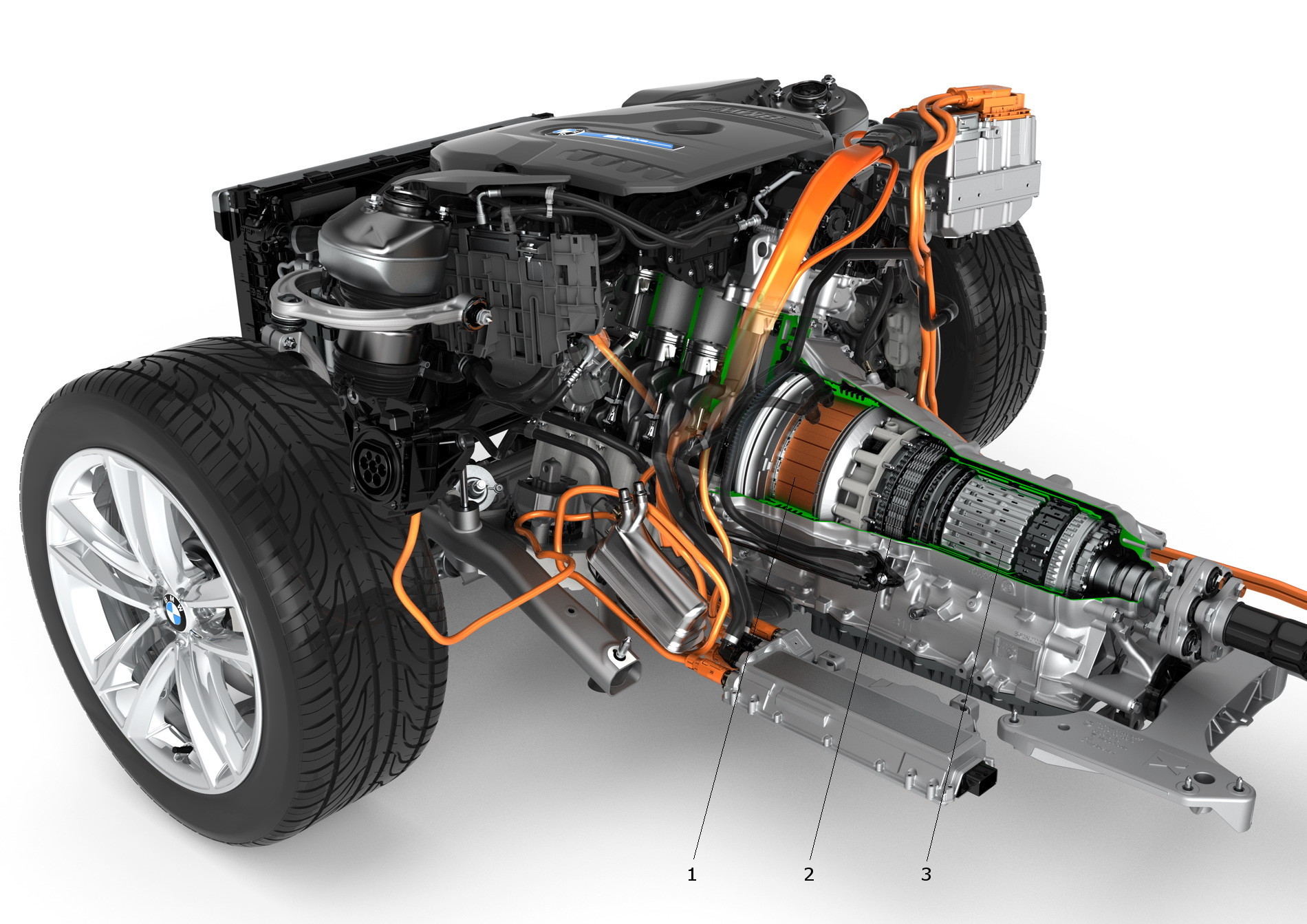
Challenges and Advancements in Hybrid Powertrain Engineering
One of the primary challenges in hybrid powertrain engineering is the physical integration of multiple power sources within a limited space, without compromising vehicle performance or passenger comfort. This has led to innovative solutions in battery technology, electric motor efficiency, and the thermal management of engines. Furthermore, the rapid advancement of AI and ML in automotive applications opens new frontiers for adaptive energy management strategies that could further enhance fuel efficiency and reduce emissions.
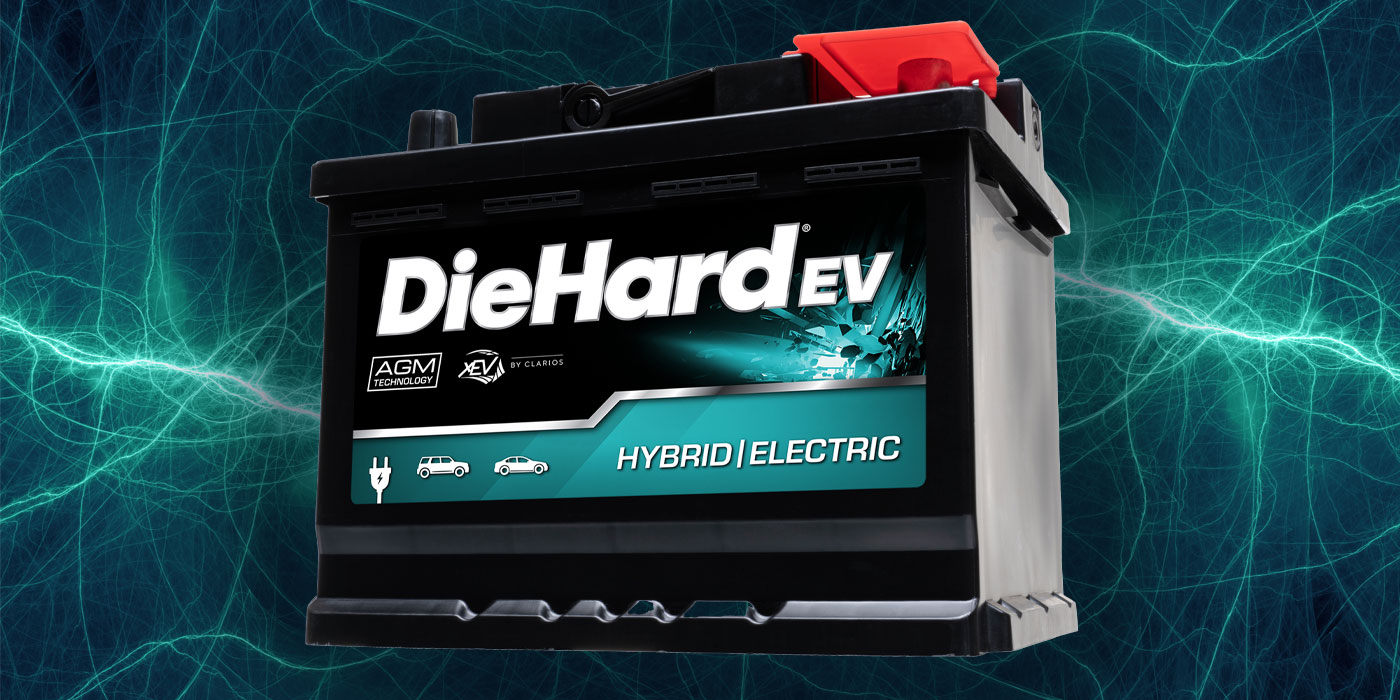
Personal Insights and the Future of Hybrid Technologies
My skepticism towards easy fixes to complex problems such as climate change drives my optimism about hybrid technology. It represents a pragmatic approach towards reducing vehicle emissions while enhancing performance. However, it is not a panacea but a significant step forward. The ongoing research into battery technology, regenerative braking systems, and more efficient electric motors is promising and aligns with my belief in continuous improvement and innovation.
As the automotive industry continues to evolve, the integration of more sophisticated AI-driven management systems in hybrid powertrains will become standard. This evolution will likely close the gap in performance and efficiency between conventional and electric vehicles, making hybrids an even more compelling option for the environmentally conscious enthusiast.
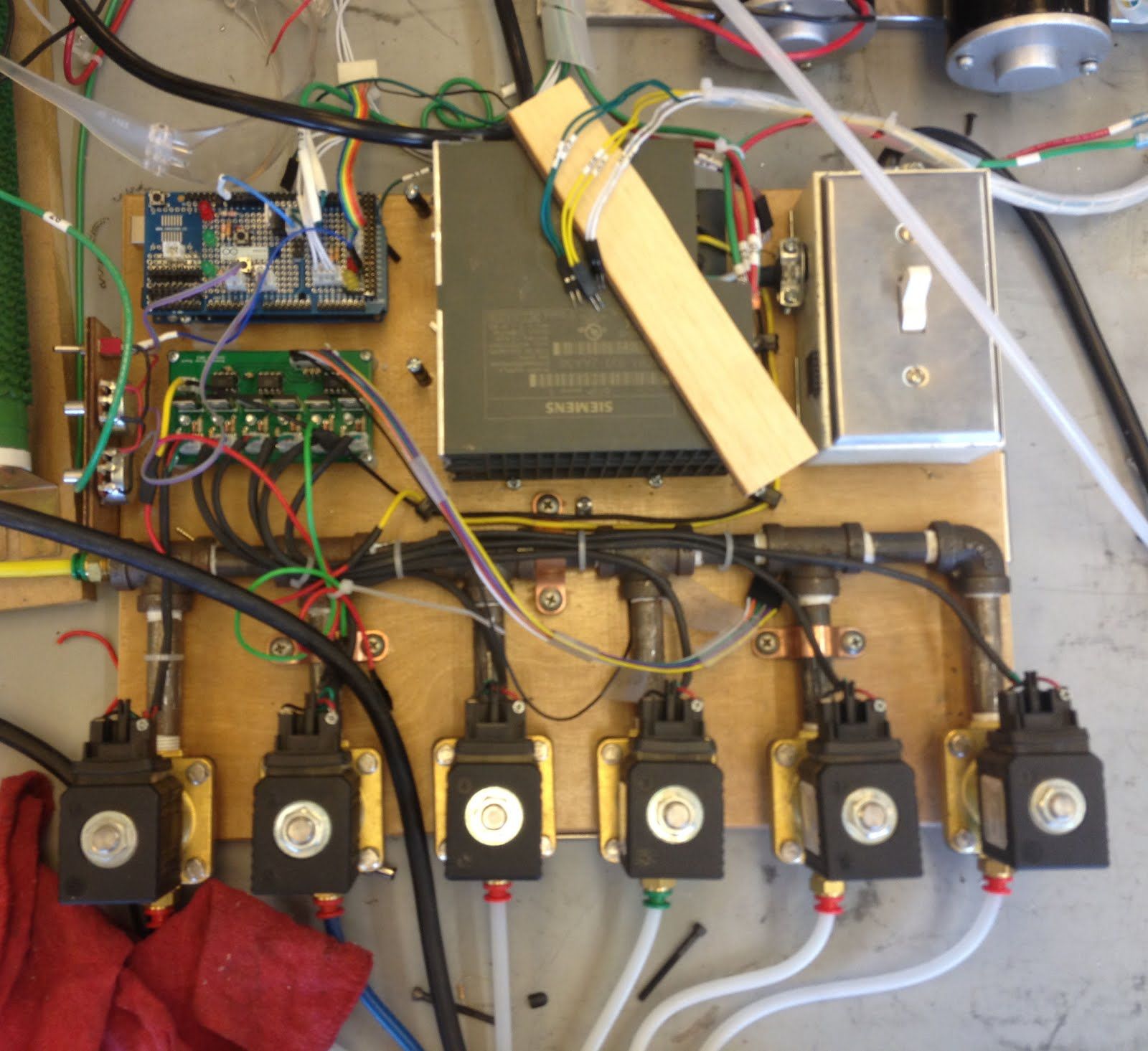
Conclusion
The journey of hybrid powertrain engineering is an exemplary narrative of how innovative thinking and technological advancements can address some of the most pressing challenges of our times. For those of us passionate about automotive engineering and environmental sustainability, the hybrid Powertrain presents an intriguing field of exploration and development. It is a testament to the automotive industry’s resilience and commitment to innovation—a journey I am personally excited to follow and contribute to in any capacity.
Further Reading and Resources
For enthusiasts and professionals interested in delving deeper into the technical aspects of hybrid powertrain systems and their advancements, I recommend exploring the following resources:
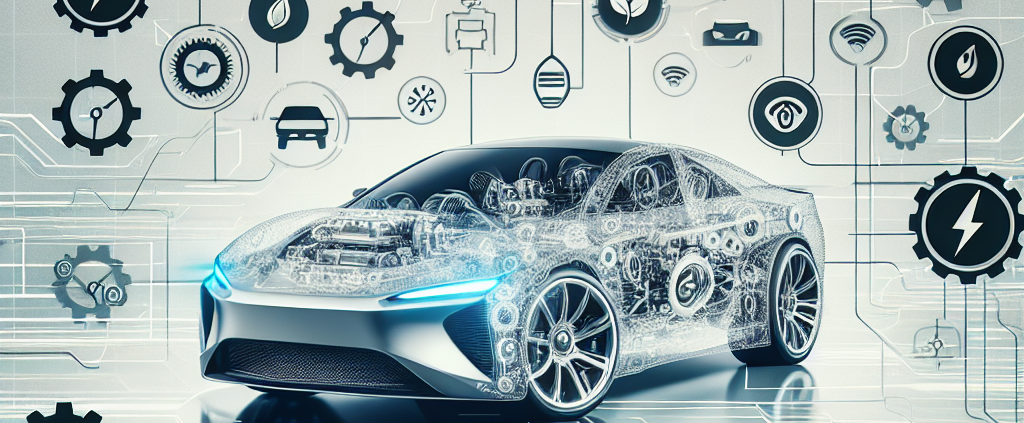
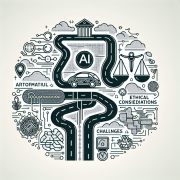
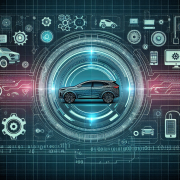
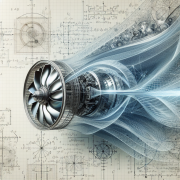


Leave a Reply
Want to join the discussion?Feel free to contribute!